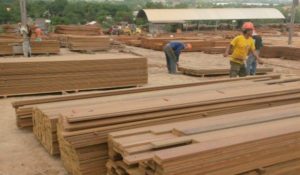
What is Ipe Wood?
Simply put, Ipe is an incredibly popular Brazilian hardwood used mostly for decks. It is very hard, rot resistant, and highly durable. Because of its popularity, obtaining high quality material is a constant struggle that absolutely must keep sustainability in mind. The sourcing must be a documented process that can not only ensure good forestry practices but ensure the continued use of those practices from forest all the way to the lumber yard. This process starts with the land concessions in Brazil. The government there has an excellent forestry program and it is easy to trace the business history and sources for each mill. This allows us to do our own research when looking for a new supplier and to determine a high level view of the validity of the prospective mill. Understanding who owns the land, how long that company has been working with their land concession, and how much time remains are all important to know. The geographic region will have different regulations as there are many states in Brazil that all have different laws. We must familiarize ourselves with these local ordinances before we do anything. A visit to the mill and their land concession is a must, then consultation with local law makers and exporter is our next step. Once we know the limitations of the supply and more about the quality of the forest we can move forward. In most cases our first purchase is from lumber we have personally viewed and graded. Once that lumber is onsite at our yard we can then assess how the total shipment compared to the material we viewed as well as what export problems or delays occurred.
 Ipe Hardwood
Ipe Hardwood
Grading the material begins with a local representative in Brazil before it ever leave the country. After initial purchases are out of the way and we have been satisfied with the quality of the material, we will engage one of our local buying agents to periodically inspect each shipment. This grading happens not only as the material is packaged for shipment but also as the raw lumber is sawn into boards. Not all Ipe is destined to become decking and we buy is as a hardwood product as well as a decking product. It must therefore be graded locally by standards fitting of the eventual product it will be exported as. We devised an inspection criteria that examines exact thickness, width, length as well as a list of 18 types of defects. When we have an order placed, our agent make his visit, takes pictures, and completes the inspection form noting how much of the shipment he inspected and the results. These local inspections have the added benefit of physically identifying a pack of lumber with the source and linking them with photos and paperwork thus adding to origin documentation for Lacey Act purposes.
Ipe Wood Decking
Our extensive measures for off site inspection and verification are great but nothing beats having our own species experts review the material once it arrives from the port. A large portion of the Ipe decking we sell is grooved for hidden fastening systems as well so we end up inspecting each and every board as it runs through the millworks. If something was missed by our foreign agents or movement/damage has occurred during transit, it will be caught here during grading and/or milling.
Hopefully you can see there are many steps to consider for consistent high quality Ipe hardwood. The most important part we find is proper communication with our suppliers. If a shipment does not meet our standards we make a claim. Over time, we have gained a reputation for accepting nothing less but top quality and our mills know better than to send anything less.

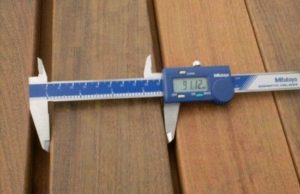 Ipe Hardwood
Ipe Hardwood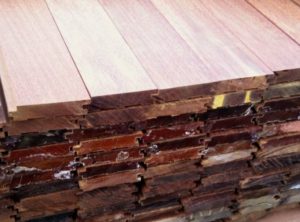

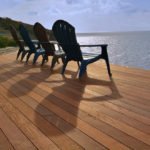
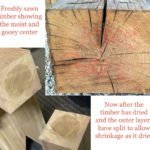
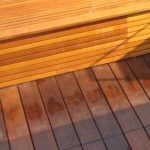
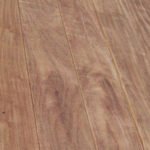
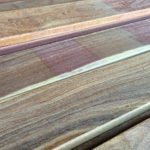
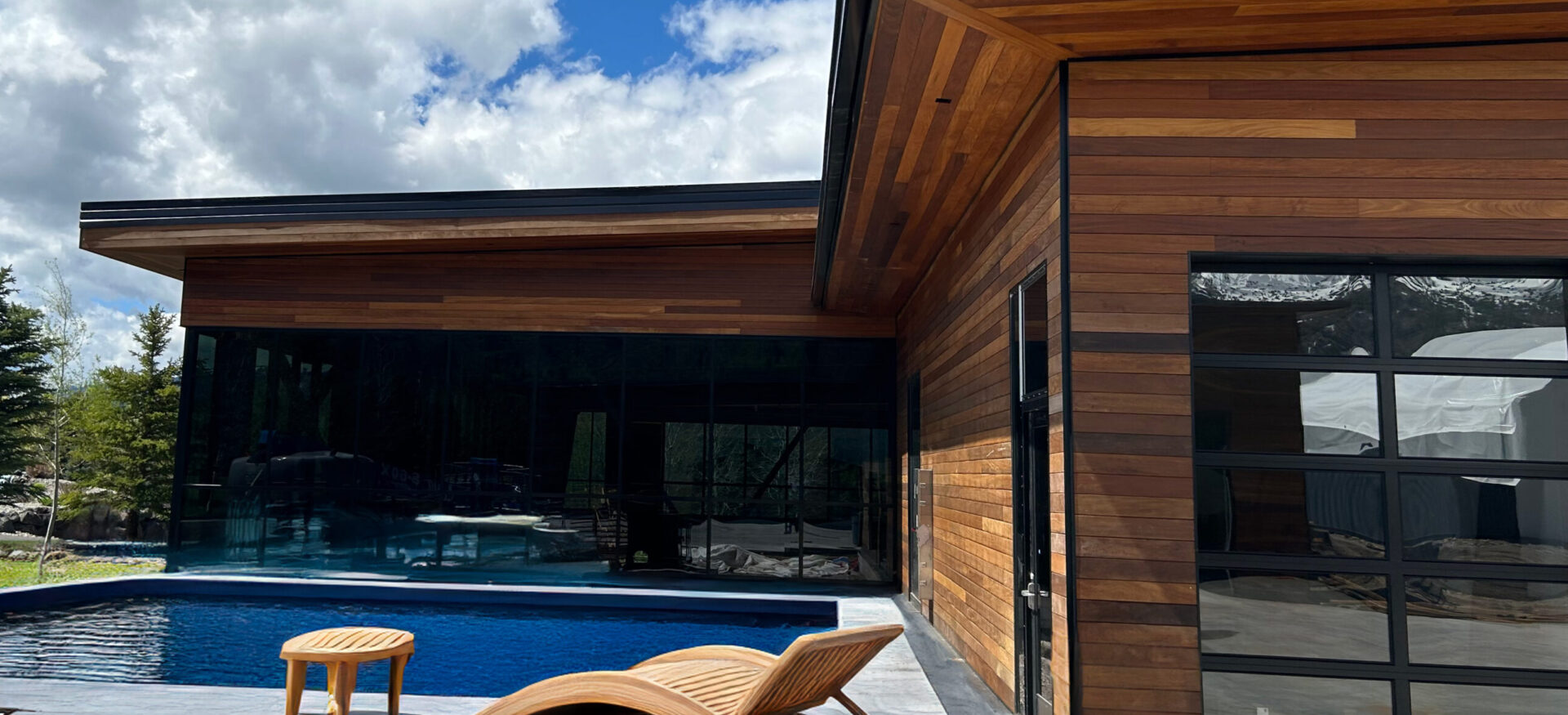

Leave a Reply